Robot fabrication in a single step with a desktop 3D printer and pressurised gas.
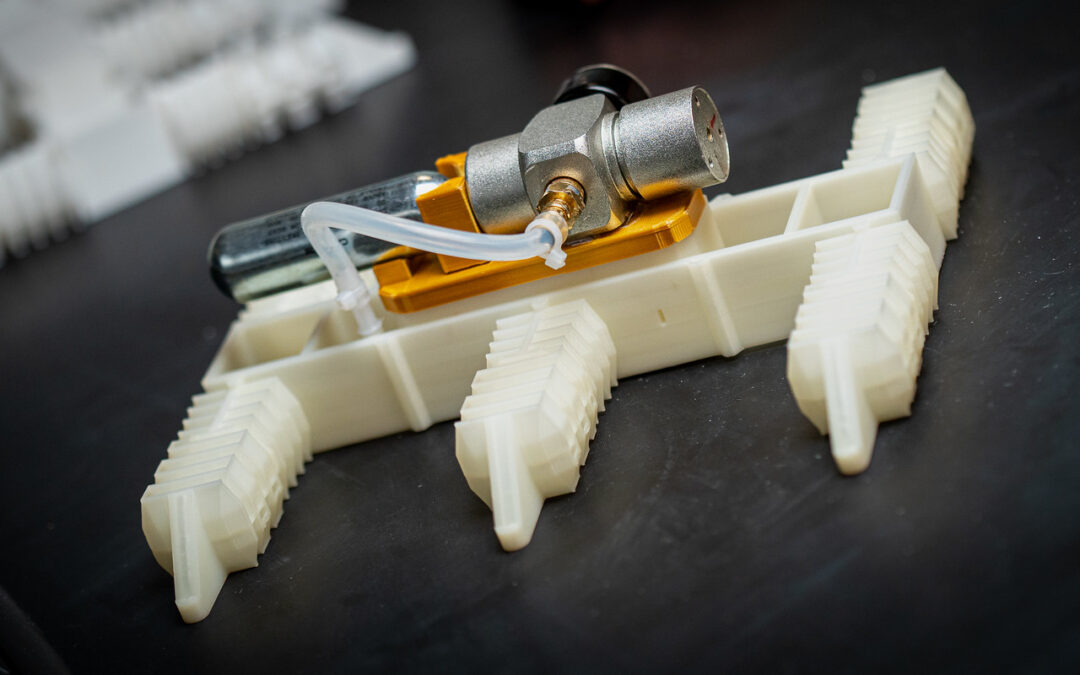

Robot fabrication in a single step with a desktop 3D printer and pressurised gas.
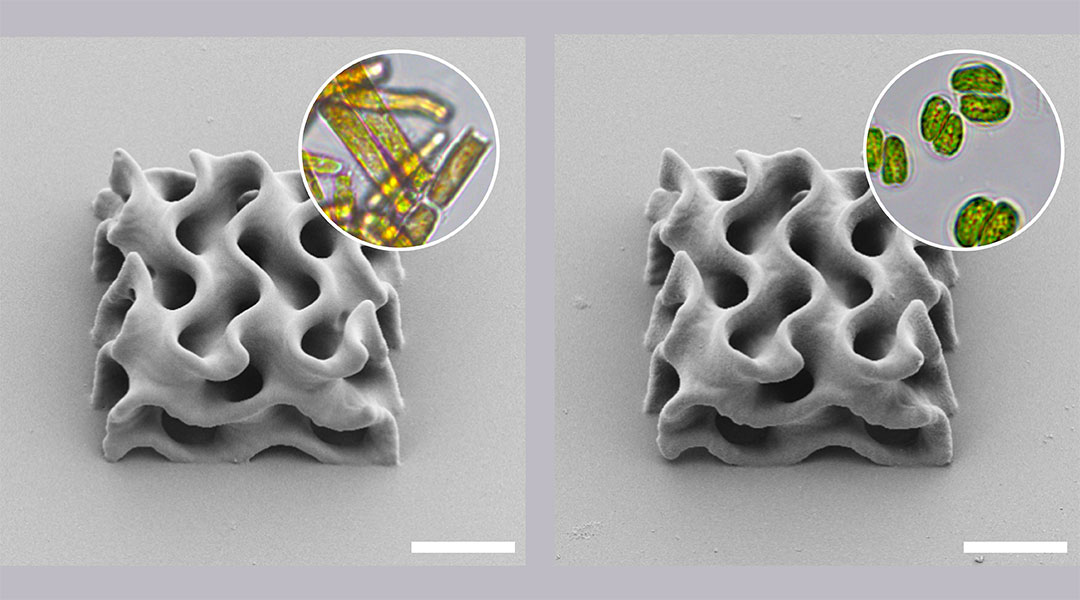
A search for environmentally friendly inks led researchers to microalgae biofactories, providing a renewable biomass solution.
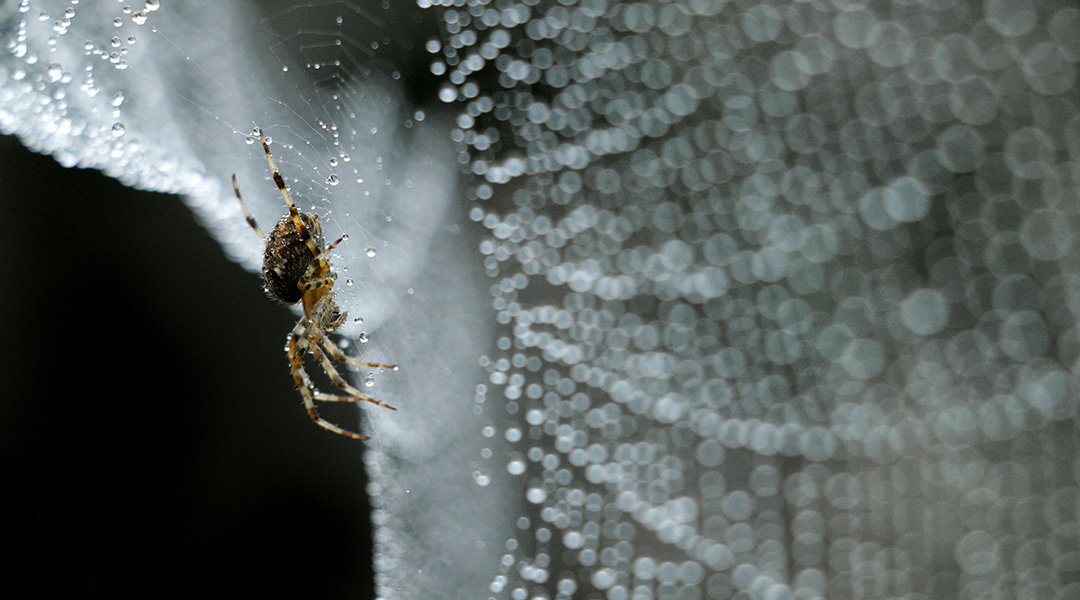
Plant cells outperform yeast or bacteria in producing spider silk proteins, enhancing production efficiency.
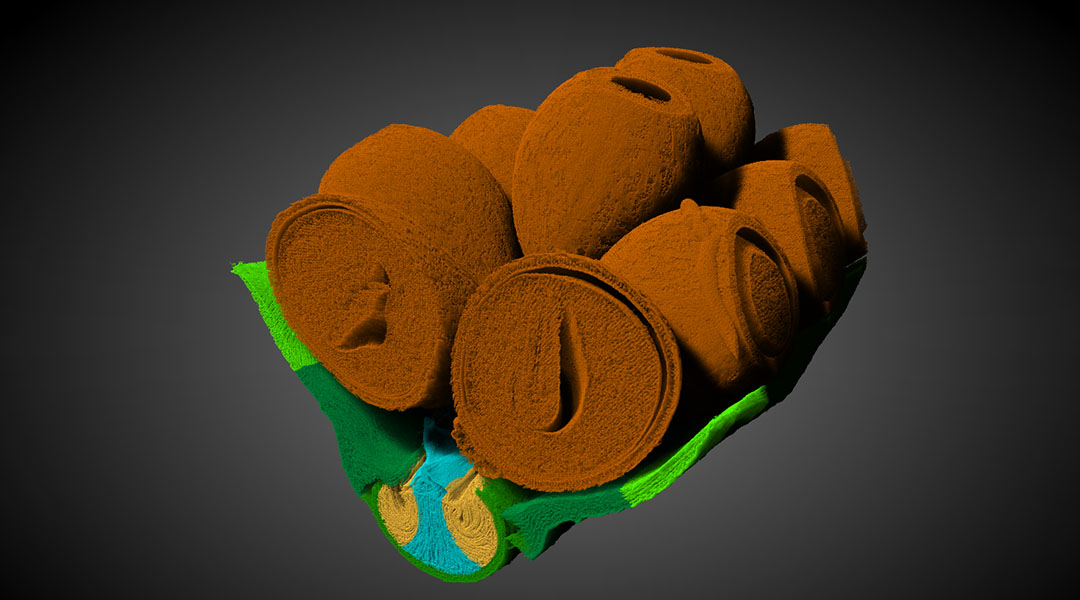
Taking inspiration from nature, scientists create a two-component catapult that overcomes limitations in 4D printing.

Using the adhesive properties of ice, researchers have developed a transfer method to move large sheets of 2D materials without breaking them.
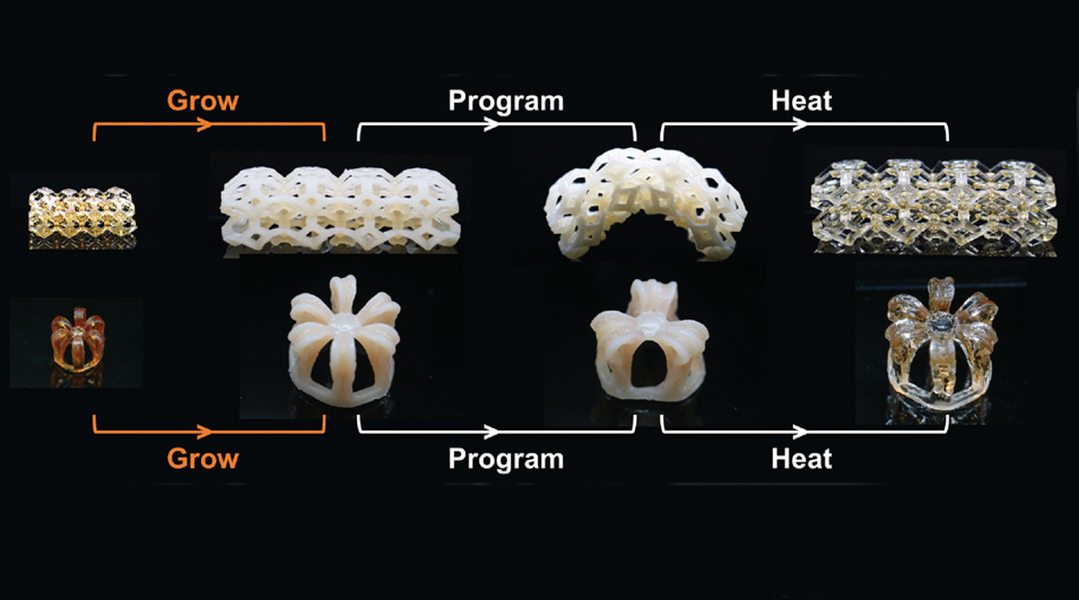
4D printing produces a living polymer network that can be printed into 3D shapes and then broken down into its monomer units for reuse.

4D printing of metallic shape-morphing systems can be applied in many fields, including aerospace, smart manufacturing, naval equipment, and biomedical engineering.

Blood coagulation is a common but delicate physiological behavior and is inspiring new porous materials.
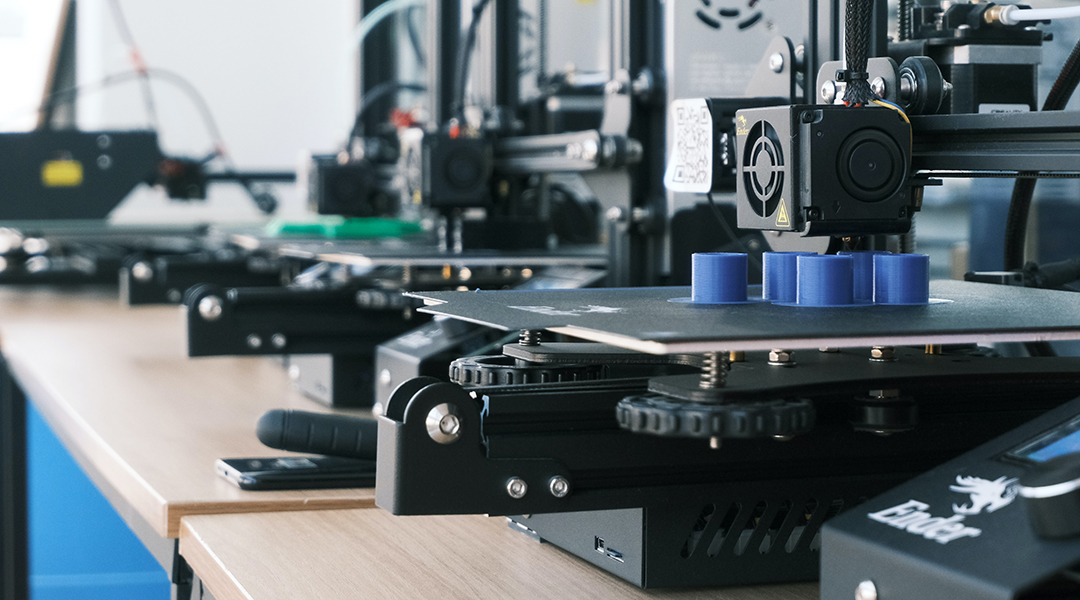
To optimize 3D printing, researchers apply machine learning to minimize waste and optimize structure during the printing process.
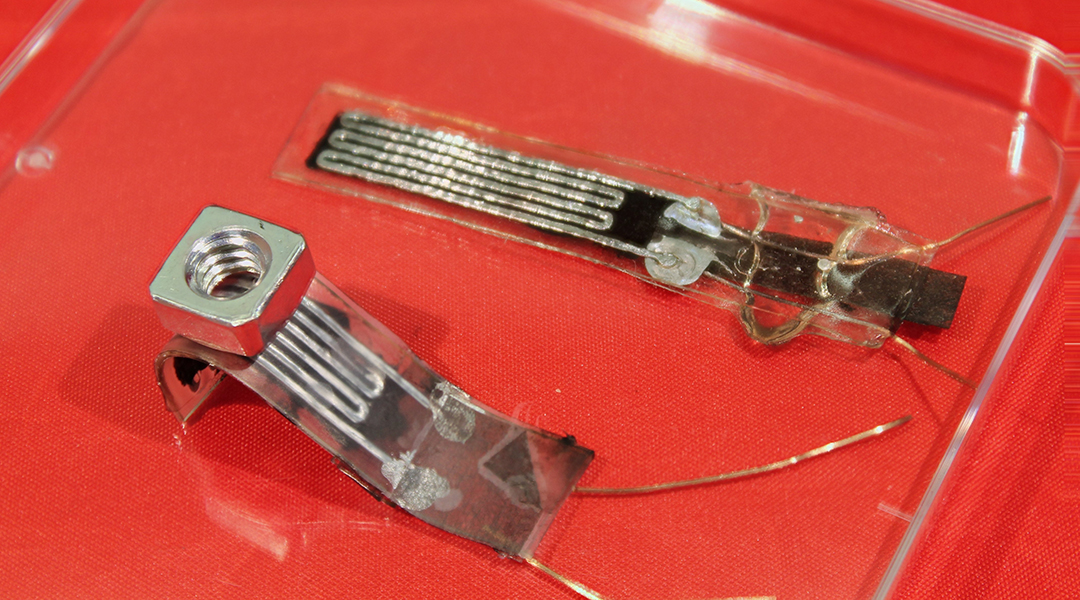
A new surface treatment enhances the adhesion of double-sided tape to make stickier tapes for soft electronics.